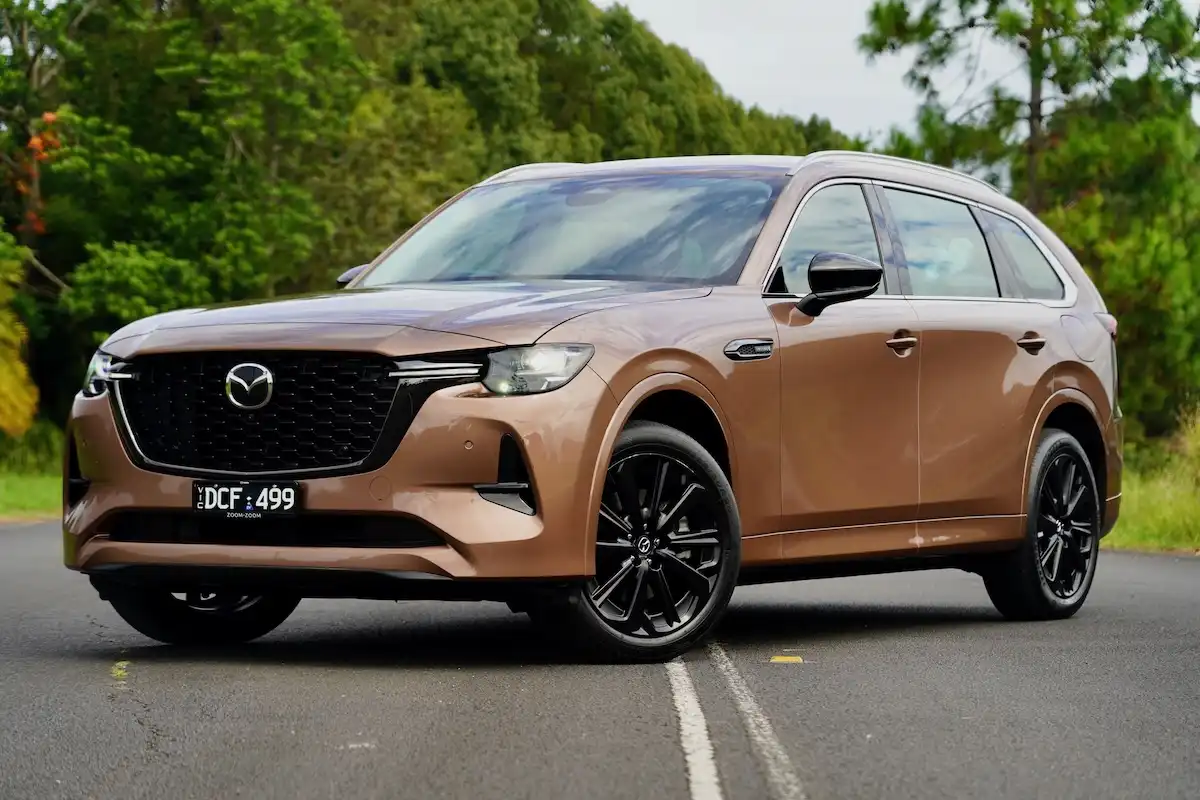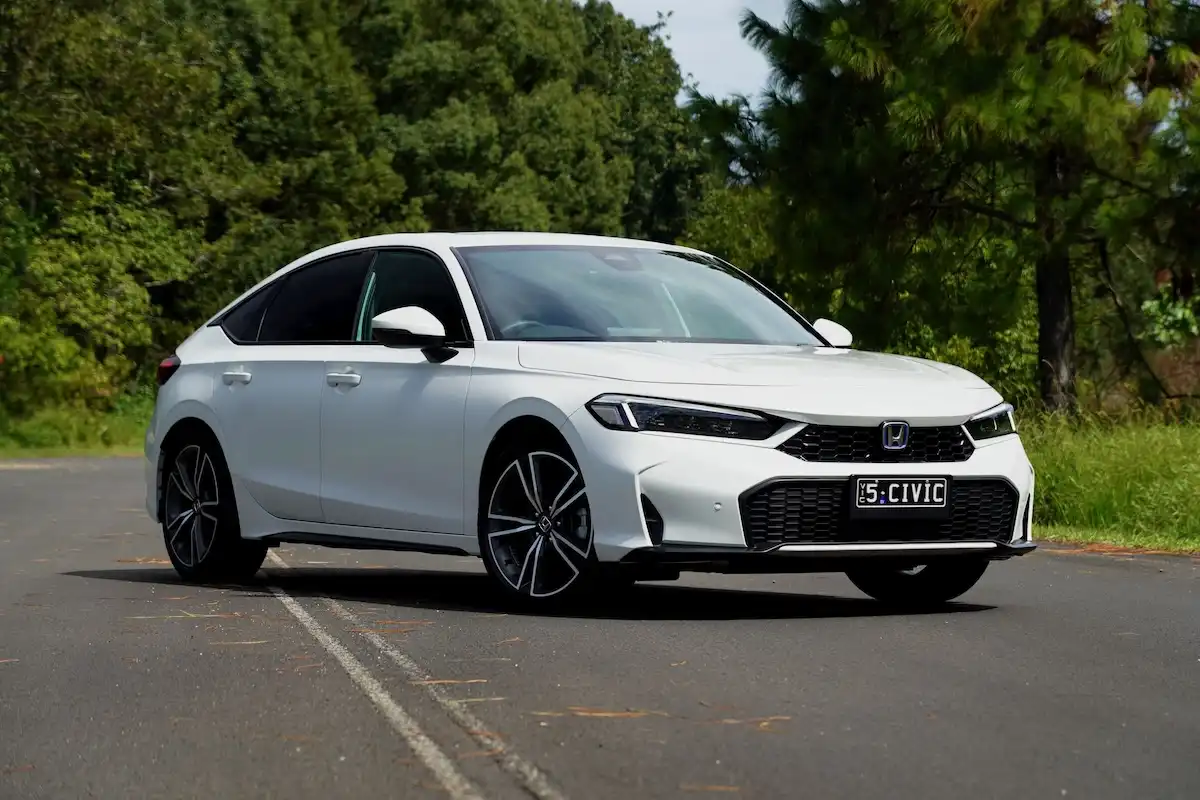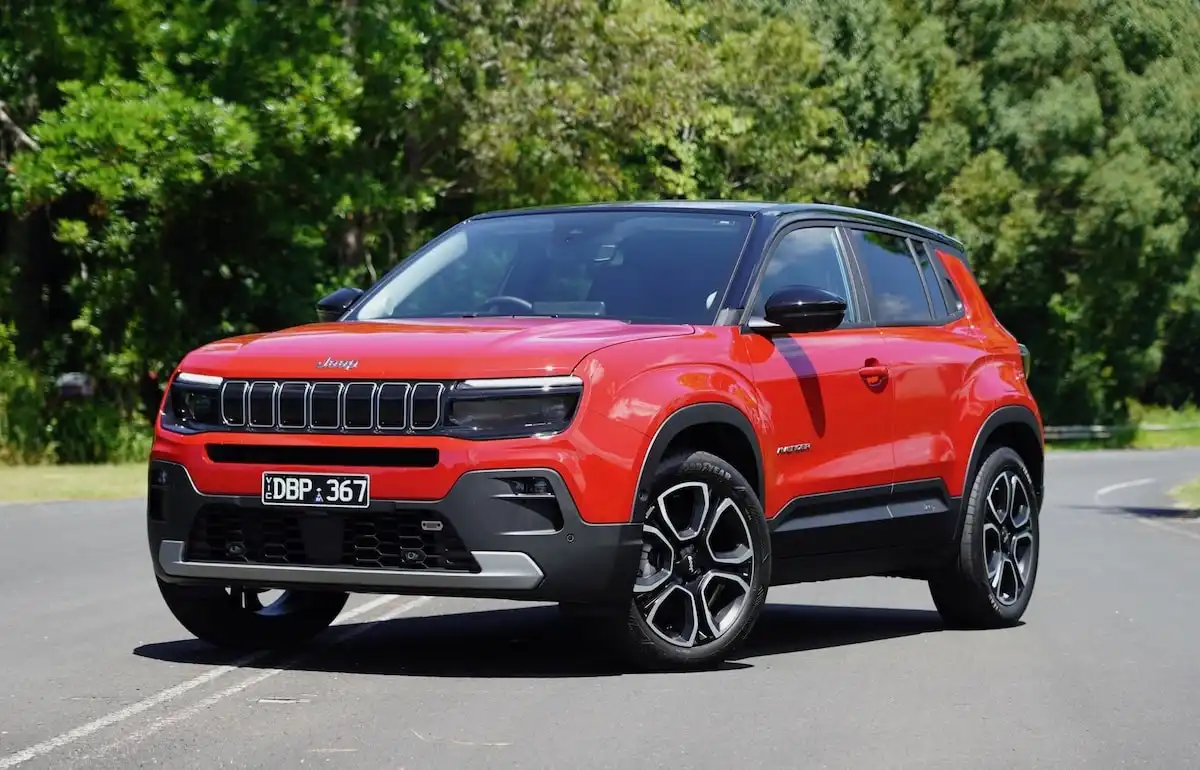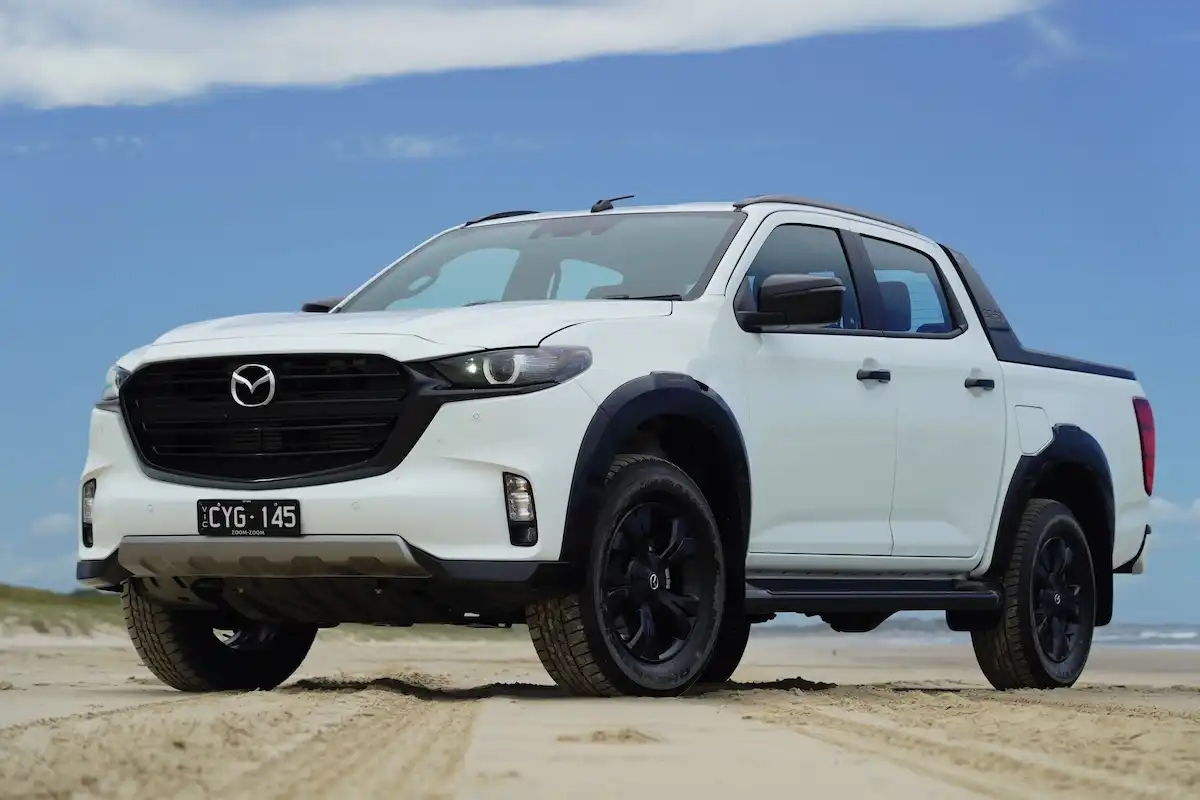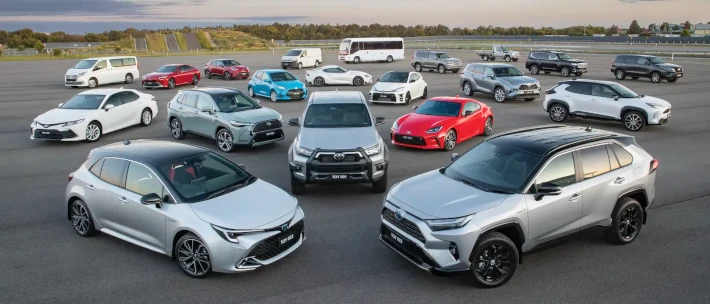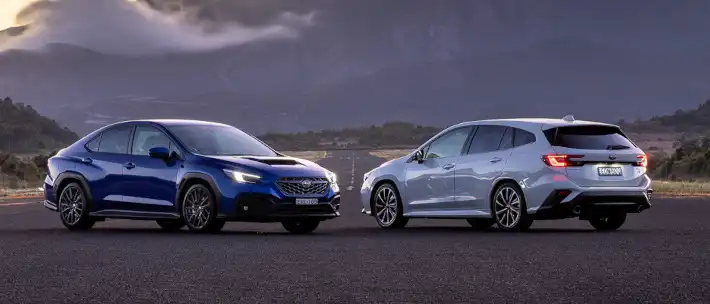Compact SUVs have reached a point in 2021 that they are perhaps the hottest segment of the market, with all the major manufacturers adding them to their lineup to meet growing demand. The problem is, though, with so many of these new cars on the market, it can be difficult to tell whether or not the car you’re looking at is suitable for your personal needs.
Today, we’re going to break down the biggest differences between full-sized and compact SUVs in a number of key areas to find out whether or not you can save yourself thousands on a compact SUV, or truly need the space offered in its bigger sibling. First, let’s take a look at the design differences between them, and then dive into the real-world differences in terms of space, practicality, economy and price differences to help you find your perfect car.
Design
Compact SUVs and their full-sized siblings often look identical, the major difference is the proportions, and obviously, their overall size. Manufacturers often save money while creating a compact SUV by using the structure of one of their smaller cars, and simply raising the ride height. Full-sized SUVs often ride on a chassis that is tailor-made for that car, which typically gives them more ride height, width and length to accommodate more people and all of their belongings. The result of all of this is a design that is often near identical, but changes dramatically in terms of how they are to live with over time, and where they’ll allow you to drive.
Entertainment
In terms of connectivity and entertainment on offer in both the full-size and compact SUV category, there is often no difference between them. A manufacturer usually creates one platform for its infotainment system, and uses this in all of its models, regardless of where they sit on the lineup. Sure, some screen sizes might change, but overall, major features like navigation, Apple CarPlay, Android Auto, Bluetooth, DAB radio should be available on both models you’re looking at.
Comfort
This is one area where the difference between compact SUVs and their bigger siblings becomes painfully clear. As we mentioned, compact SUVs often ride on the chassis of a small, compact car, and as a result, manufacturers cannot bend the laws of physics and make them significantly bigger for occupant comfort. Typically, all compact SUVs offer a comfortable amount of room for the driver and front passenger, but head and legroom in the rear of the cabin can become problematic for taller occupants. As a result, it’s important to consider your lifestyle, and how many people you plan on transporting on a regular basis. If you have children that are becoming teenagers, a full-sized SUV will likely prove the best and most accommodating option. However, if you’re a sole owner and don’t need all that space, a compact SUV is a great way to save yourself some money while riding high and in style.
Practicality
Compact SUVs are limited when it comes to overall practicality. On average, they offer boot space in the area of 250-400L, while full-sized SUVs can offer as much as 800L, even 900-litres of storage. We realise, though, that these numbers can be difficult to translate into real life usability. However, compact SUVs are limited by their chassis in terms of carrying large and bulky items that are often by a family’s-worth of items for a road trip. With this in mind, if you have a growing family, a full-sized SUV will likely prove the best and most viable option when it comes to moving a family and their belongings.
Safety
In terms of safety, compact SUVs and full-sized SUVs are neck-and-neck, with both typically receiving the same suite of safety equipment from the manufacturer. However, compact SUVs are considerably cheaper than their bigger siblings, so you might have to step up to a more expensive variant or pay for an additional safety package to receive the full list of autonomous emergency braking, blind-spot detection, adaptive cruise control and lane keep assistance functions. Overall, modern vehicles in both the full-sized and compact SUV markets are rated the maximum five stars from ANCAP.
Economy
This is one area that the smaller proportions of a compact SUV actually work in its favour. As a result of their smaller stature, they often weigh hundreds of kilograms less than a full-sized SUV, which helps massively in terms of economy. Some of the most efficient compact SUVs return combined cycle figures in the area of 5L per 100km, while the most efficient full-size SUVs will struggle to hit the 7L mark. Over the course of a vehicle’s life, this adds up to thousands of dollars saved, so keep this in mind when opting for one over the other.
Driving
Full-sized SUVs and their smaller siblings offer extremely similar driving dynamics around town, however, compact SUVs are much more user-friendly when it comes to navigating the urban jungle and in particular, parking. If you’re looking for nothing more than an urban runaround, a compact SUV is likely your best option. On the other hand, if you’re planning some longer journeys with the potential of going off road, it’s recommended that you opt for a full-sized SUV with the added ground clearance for peace of mind. While there are 4x4 variants of compact SUVs, overall they lack the size needed for challenging off road situations that a full-sized SUV will cruise straight over.
Price
This again is where the two have major differences. While a compact SUV can be purchased for as little as $20,000, entry into the full-sized SUV category will likely set you back at least $10,000 more, with mid-range entries priced around the $40,000 mark. As you’ve likely noticed, though, there are a number of sacrifices you’ll have to make when opting for a compact SUV over a full-sized offering, so that price difference comes with some real-world implications you need to factor into your decision making.
Need help narrowing down your choices?
Get in touch with one of our Car Buying Specialists today
Request a quote
